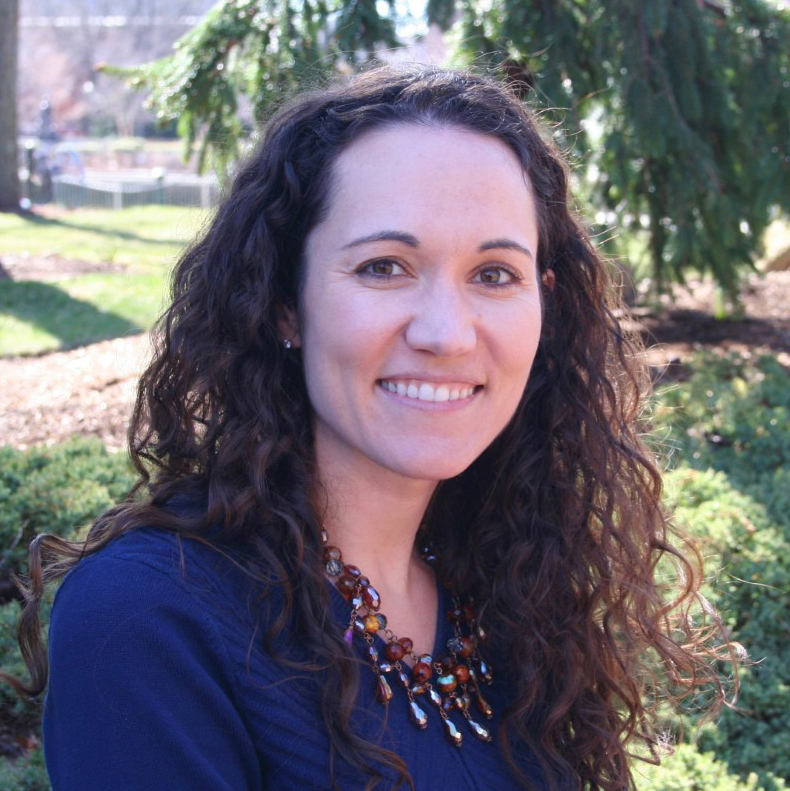Improving the Supply and Demand of Effective Treatments: A Q&A with Sara Becker, PhD
Improving the supply and demand of effective treatments: A Q&A with Sara Becker, PhD, inaugural director of the newly formed IPHAM Center for Dissemination and Implementation Science
What are your research interests?
Broadly speaking, my research aims to answer the question, “How do we bridge the gap between public health/medical knowledge (what we know) and public health/medical practice (what we do)?” To address this question, my team conducts programmatic research that integrates both patient-focused dissemination (e.g., direct-to consumer marketing, technology-assisted interventions) and provider- and organization-focused implementation (e.g., multi-level implementation approaches, workforce development) strategies. The overarching objective of our work is to increase both the demand for and supply of effective treatments in community and clinical settings.
What is the goal of your research?
The ultimate goal of my research, as well as the new Center for Dissemination and Implementation Science, is to advance equitable access to evidence-based public health and medical interventions by accelerating the impact of research across the translational continuum. I am also passionate about mentorship and team science. Two other major goals of my work are to: a) train the next generation of implementation scientists and practitioners and b) foster collaborations to advance cutting-edge dissemination and implementation science at Feinberg, locally, domestically and globally.

The ultimate goal of my research, as well as the new Center for Dissemination and Implementation Science, is to advance equitable access to evidence-based public health and medical interventions by accelerating the impact of research across the translational continuum.”
How did you become interested in this area of research?
My training has been multi-disciplinary spanning clinical psychology, economics, organizational change management and health services research. I first became interested in this area of research over 20 years ago before I had the vocabulary to realize that my interests could be considered “dissemination and implementation science.” As an undergraduate, I had a dual concentration in psychology and economics, with particular interest in how incentives could be used to spark organizational change. I then worked in business as a strategy consultant for The Boston Consulting Group, where I worked in the change management and marketing practice areas, helping large companies to embrace strategic change. Following my tenure in business, I sought a PhD in clinical psychology and became interested in how the principles I had learned in business could be applied to increase the uptake of effective behavioral treatments. It wasn’t until I became a postdoctoral fellow that I realized there was a young field of study aligned with my interests. While writing my first grant proposal in 2011, the NIH announced its inaugural Training Institute in Dissemination and Implementation Research in Health. Attending that institute was a formative experience for me and provided me with the vocabulary and conceptual grounding I needed to begin building a career in this area of research. I have been an enthusiastic adopter and advocate of all things dissemination and implementation science ever since!
What types of collaborations are you engaged in across campus (and beyond) and how can people get in touch with you?
In my first few weeks at Northwestern, I have launched collaborations with the Center for Prevention Implementation Methodology (Ce-PIM), the Bridges program, the Northwestern University Clinical and Translational Science Institute (NUCATS), the Center for Health Information Partnerships (CHIP) and the Center for Health Services and Outcomes Research (CHSOR). Beyond campus, I maintain an active partnership with Rosecrance Health Network, which is based in Rockford, Illinois. Even though I have relocated, I am deeply committed to maintaining my long-standing partnerships with behavioral health organizations and specialty addiction programs throughout New England, as well as my collaborations with colleagues domestically and globally.
How is your research funded?
My research as principal investigator (PI) or multiple PI has been funded predominantly by the National Institutes of Health, though I have been fortunate to have grants from the Substance Abuse and Mental Health Services Administration, the President’s Emergency Plan for AIDS Relief and the Agency for Healthcare Research and Quality. As a co-investigator or mentor, my work has been further supported by the Centers for Disease Control and Prevention, the Patient-Centered Outcomes Research Institute, the Society for Emergency Academic Medicine and an array of foundation and institutional grants.
Who inspires you?
I am continually inspired by the individuals who seek health services and the organizations that provide their care. They inspire me to make it easier to access and deliver effective care.




